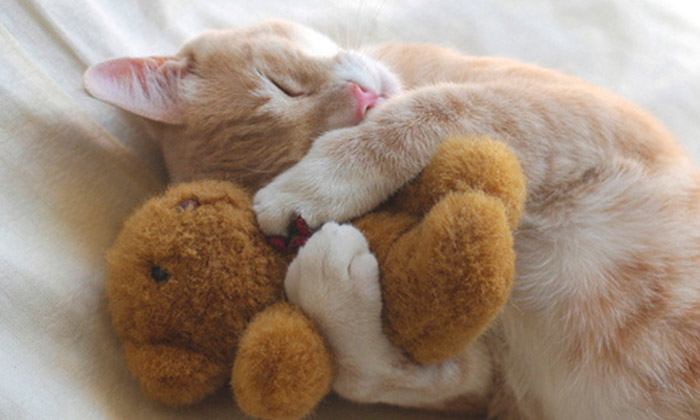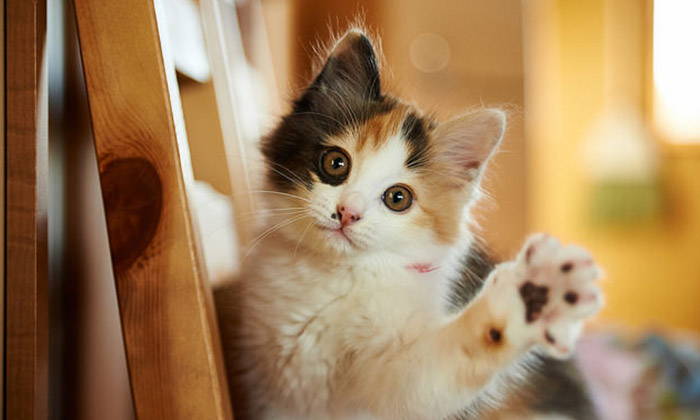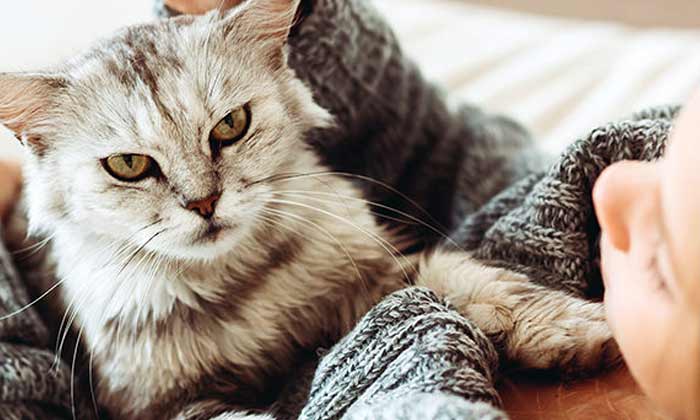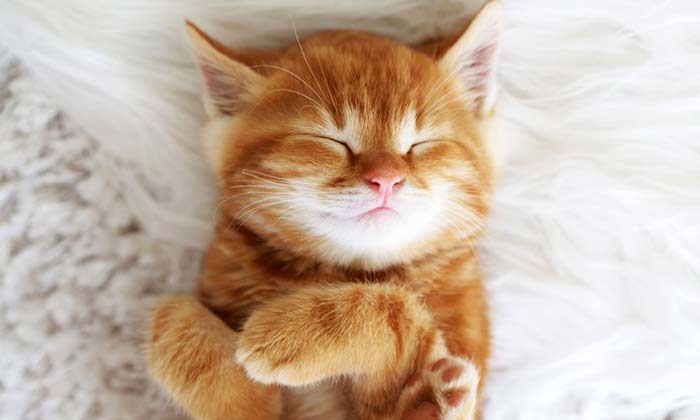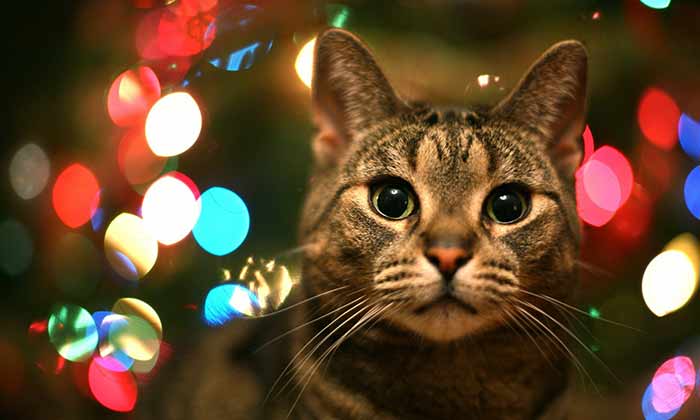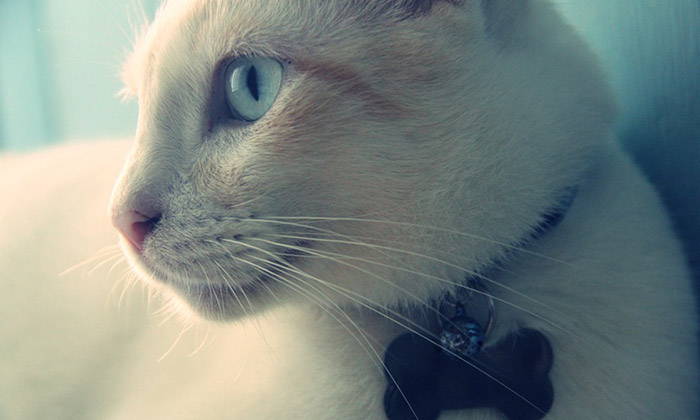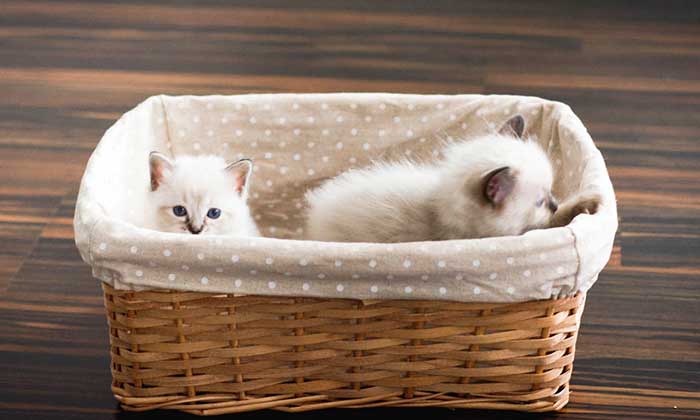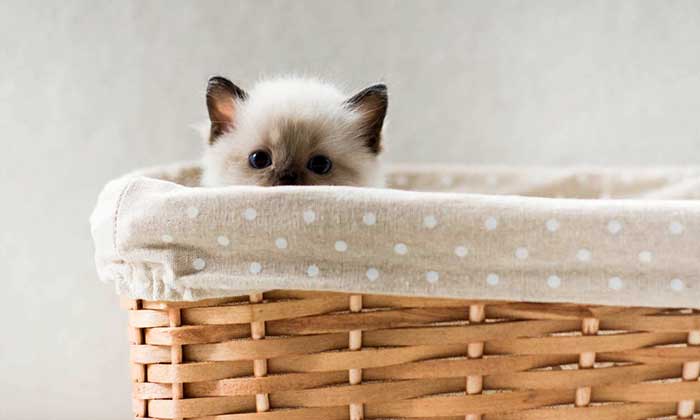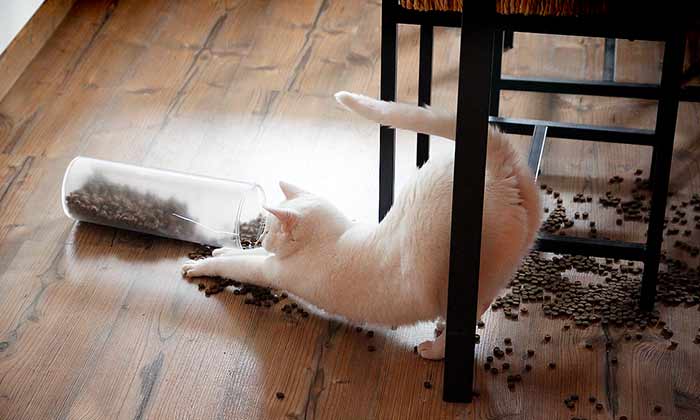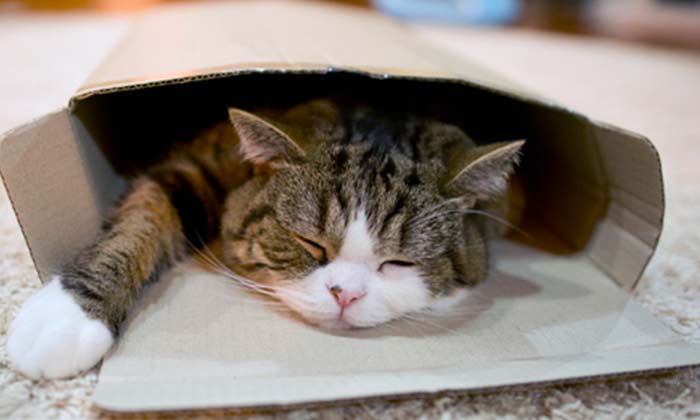Sick Cat Symptoms: 7 Warning Signs for Sick Cats
How to tell if your cat shows sick cat sympoms? Cats have a reputation for being solitary and aloof. Cat owners know that this is all just for show, and that these traits are not just a sign of being “high maintenance” or a “diva.” They are merely an indication that your pet is independent and self-sufficient. These are traits that make cats ideal pets for many owners, but also mean that it may be hard for owners to know when they have a sick cat in the house.
To keep their cats healthy, owners need to know the warning signs that their pet has fallen ill. Waiting until your sick cat begins to vomit or faint can lead to more expensive medical treatment as well as more suffering for your feline friend.
Consistent interaction with your cat is essential to both its emotional and physical well-being. The more you interact with your cat, the more in tune you will be with its habits and rituals. As long as your cat’s routine remains essentially the same, you can be confident that you have a happy, healthy pet. However if you notice changes in any of the following aspects of your cat’s lifestyle, you should investigate to verify whether there is further cause for concern:
Possible Sick Cat Symptoms
- Activity
- Appetite or weight
- Frequency of litterbox use
- Hours spent sleeping or napping
- Interactions with you (or other pets)
- Consistency of fur
- Breathing rate or difficulty
- Ability to move, jump, or climb
- Vocal inflections
- Scent
- Other typical behaviors (specific to your pet)
This is a fairly broad list that covers a wide range of possible indicators that your cat is less-than-perfectly-healthy. Below is a more specific set of warning signs that your cat could be sick:
How to Tell if Your Cat Is Sick
Fasting / Bingeing

To keep their cats healthy, owners need to know the warning signs that their sick cat has fallen ill.
Most cats are on a consistent diet (fed the same amount of food at the same time every day). If your cat begins to ask for food significantly more than usual, or leaves food in the bowl on a regular basis, then you should take note. Excessive appetite could be a symptom of either hyperthyroidism or diabetes. Likewise, a severely decreased appetite can be indicative of a number of health problems ranging from dental issues to kidney disease.
Disinterest in Grooming
Cats groom constantly to maintain their lustrous coats. If your cat begins to groom less frequently, or stop grooming altogether, then your cat may be exhibiting a symptom of dental disease or arthritis.
Bad Breath
You never expect your cat’s breath to smell good, but you should pay attention if its breath becomes noticeably stinky. Jonas Jurgella advises that “stinky breath can indicate kidney problems and serious dental desiease in your cat – and sweet or fruity-smelling breath can be a sign of diabetes.”
Abnormal Litter box Activity
Cat owners rarely (if ever) look forward to cleaning out the litter box, but doing so on a regular basis is a simple way to monitor your cats health. Any changes in your cats excrement – frequency, color, consistency, etc. – should be reported to your veterinarian. This may sound silly, but you should also pay attention to how your cat uses the litterbox; if you notice that it makes strange sounds or begins to leave its waste outside of the litterbox then these issues should also be brought to your veterinarian. All of the above could be signs of a urinary tract disease, urinary blockage, bladder infection, or digestive issue.
Strange Sounds
Monitoring your cat’s activity for strange sounds extends to everywhere in their routine – not just around the litterbox. A medical issue could lead your cat to suddenly become more or less vocal, or even cease talking altogether. Sometimes this is an indication of an emotional issue, such as anxiety or cognitive dysfunction. In other cases it could be an indicator of a physical issue like high blood pressure or hyperthyroidism.
Increase or Decrease in Activity
Your cat’s activity level should fluctuate to a certain extent, but any sudden or obvious changes likely signal a larger issue. If you notice a dramatic increase in a middle-aged or older cat, this is likely a symptom of a thyroid issue. Likewise, if an otherwise very active younger cat suddenly loses interest in playing, they may be exhibiting symptoms of arthritis or other joint problems.
Changes in Sleeping Habits
Because cats spend so much time sleeping (far more than their human companions) and because much of that sleep occurs while their owners are either working during the day or sleeping at night, owners may not be able to tell whether their cat’s sleeping patterns have changed. However if a once active cat appears to be sleeping the day away on a regular basis, or if your cat becomes overactive at night, then there may be a medical reason for this change in their behavior.

